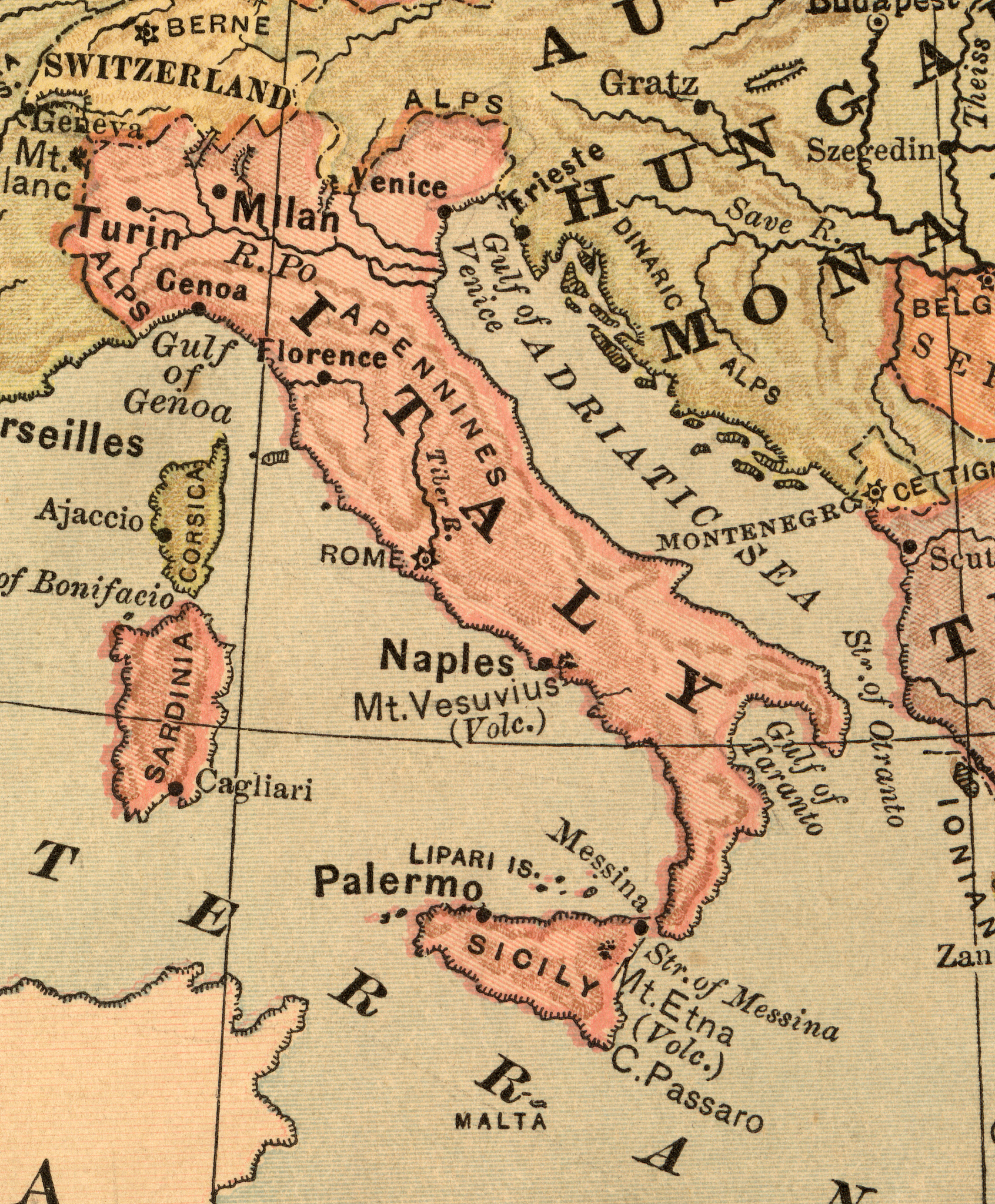Racial Arrogance and Open-Mindedness in Early Modern European Literature
Introduction
The history of European empires is a complex and nuanced one, with many factors contributing to their rise and fall. One of these factors is racial arrogance, which was a feature of later European empires. However, the literature of Early Modern Europe reveals a mixture of prejudice and open-mindedness toward other peoples. In this paper, we will explore the ways in which racial arrogance manifested in later European empires, and how Early Modern European literature reflects both prejudice and open-mindedness toward other peoples.
Body Paragraph 1: Racial Arrogance in Later European Empires
'Racial arrogance' is a term used to describe the belief that one's own race is superior to others. This belief has been a feature of many empires throughout history, including the later European empires. During the late 19th and early 20th centuries, European powers such as Britain, France, and Germany expanded their empires across the globe. In doing so, they often exhibited racial arrogance toward the peoples they encountered.
One example of this can be seen in the way that Europeans colonized Africa. European powers believed that they had a duty to bring civilization to what they saw as the 'dark' continent. They often portrayed Africans as primitive, savage, and in need of European guidance. This attitude was reflected in the literature of the time, which often depicted Africans as inferior to Europeans.
Body Paragraph 2: Prejudice in Early Modern European Literature
While racial arrogance was a feature of later European empires, Early Modern European literature reveals a mixture of prejudice and open-mindedness toward other peoples. This is particularly true when it comes to depictions of non-European peoples. In many cases, European writers portrayed non-European peoples as exotic and mysterious, but also as inferior to Europeans.
One example of this can be seen in William Shakespeare's play 'Othello'. The play features a black African protagonist, but also includes many negative stereotypes about Africans. Othello is portrayed as a noble and heroic figure, but he is also depicted as irrational and prone to jealousy. The play also includes many references to Othello's blackness, which are often used to emphasize his otherness.
Body Paragraph 3: Open-Mindedness in Early Modern European Literature
Despite the prevalence of prejudice in Early Modern European literature, there were also many examples of open-mindedness toward other peoples. This is particularly true when it comes to depictions of the New World and its inhabitants. Many European writers saw the New World as a place of wonder and mystery, and were fascinated by the peoples who lived there.
One example of this can be seen in the works of Bartolom← de las Casas. Las Casas was a Spanish priest who lived in the New World during the 16th century. He wrote extensively about the indigenous peoples he encountered, and was a fierce critic of the Spanish treatment of these peoples. Las Casas saw the indigenous peoples as fully human, with their own unique cultures and traditions. He argued that they deserved the same rights and protections as Europeans.
Conclusion
In conclusion, racial arrogance was a feature of later European empires, but Early Modern European literature reveals a mixture of prejudice and open-mindedness toward other peoples. While many European writers portrayed non-European peoples as inferior, there were also many examples of open-mindedness and respect for other cultures. As we continue to study the history of European empires, it is important to recognize both the flaws and the strengths of the literature produced during this time. Only by doing so can we gain a deeper understanding of the complex and nuanced history of the European empires.

原文地址: https://www.cveoy.top/t/topic/noel 著作权归作者所有。请勿转载和采集!